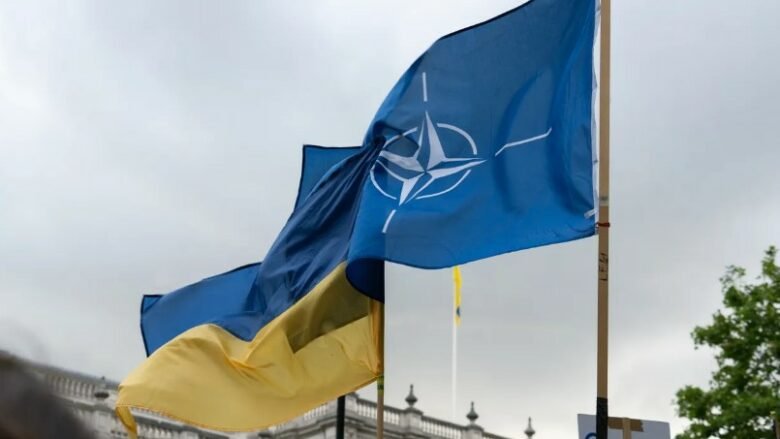Ukraine’s potential accession to NATO is a complex and evolving issue, with both geopolitical and military considerations at play. While Ukraine has expressed strong interest in joining NATO, especially since the annexation of Crimea by Russia in 2014 and the ongoing war with Russia, the process of joining the alliance is far from straightforward.
Key Factors Influencing Ukraine’s NATO Membership:
- NATO’s Open Door Policy: NATO has maintained an “open door” policy, which means any European country that meets the alliance’s criteria can apply for membership. Ukraine has long expressed its desire to join NATO, particularly as a countermeasure to Russian aggression.
- NATO’s Strategic Concerns: The alliance’s members are cautious about expanding into a region that is a direct conflict zone, especially with the ongoing war between Ukraine and Russia. The concern is that admitting Ukraine could trigger a direct military conflict with Russia, which would draw NATO into a broader war. This is a key point of hesitation for some NATO members.
- Reform and Compatibility with NATO Standards: NATO requires prospective members to meet certain political, military, and economic standards. Over the years, Ukraine has been making progress in aligning its military and political systems with NATO standards, but significant reforms are still needed, particularly in areas like governance, rule of law, and anti-corruption measures.
- Political Will of NATO Members: NATO’s decisions are made by consensus, so the political will of all 30 member states is necessary. Some countries, particularly in Eastern Europe and the Baltics, strongly support Ukraine’s NATO membership, seeing it as vital for regional security. However, others, particularly within the Western European bloc (such as Germany and France), are more cautious and have concerns about provoking Russia.
- Russia’s Opposition: Russia views NATO’s eastward expansion as a direct threat to its sphere of influence and national security. Russia has strongly opposed Ukraine’s NATO membership, and this opposition has intensified since the invasion of Ukraine in 2022. The Kremlin has threatened further escalation if NATO accepts Ukraine as a member, which has added to the uncertainty surrounding Ukraine’s membership prospects.
- NATO’s Response to the War: Since Russia’s full-scale invasion of Ukraine in February 2022, NATO has provided significant support to Ukraine, including military aid, intelligence sharing, and training. However, direct NATO involvement in the conflict is a red line due to the risk of a larger war. NATO has emphasized that Ukraine’s membership could be discussed after the war ends, but this is not a clear commitment.
Current State of Affairs:
As of late 2024, Ukraine has made significant progress in its relationship with NATO, including receiving increased support and training. In the wake of the invasion, NATO has pledged long-term support for Ukraine, but full membership remains a distant goal. NATO’s latest statements indicate that while Ukraine’s aspirations are supported, formal membership will not happen until the war with Russia ends and Ukraine meets the necessary political and military standards.
What Could Happen in the Future?
- Post-War Scenario: If Ukraine is victorious in the war and manages to secure peace with Russia, NATO could be more willing to entertain its membership application. However, the alliance would still need to ensure that Ukraine’s military and political systems align with NATO’s standards, which may take years.
- Continued NATO Support: Even without full membership, NATO could continue its support for Ukraine in other ways, such as through closer partnerships or an enhanced status that allows Ukraine to receive security guarantees and military aid.
- Russia’s Response: Russia’s reaction will be critical. If Ukraine joins NATO, it would almost certainly provoke a strong response from Russia, but NATO will have to weigh the long-term security and stability of Europe against the risks of further conflict.
Conclusion:
While Ukraine’s desire to join NATO is clear, several factors—chiefly the ongoing war with Russia and NATO’s internal political dynamics—mean that it is unlikely to happen in the immediate future. However, the war’s outcome and future geopolitical developments will play a significant role in determining how soon, if at all, Ukraine can become a NATO member.



